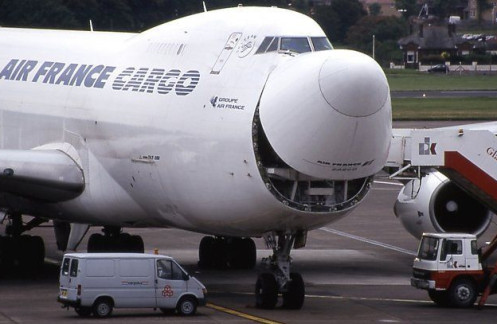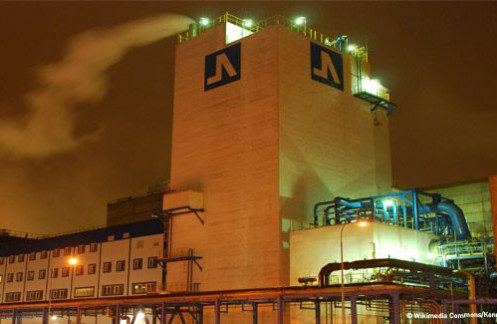EURODECISION offered us independent, third-party operational research- and optimization-based expertise. Its teams helped us form a global vision of the impact of the on-going and upcoming modifications of our department.Nadia HENRYSales Manager of Dunkerque LNG, responsible for IT systems
The annual regasification capacity of the Dunkirk methane terminal that started operations on January 1, 2017 is 13 billion m3 or approximately 20% of the annual natural gas consumption of France and Belgium put together. The Liquid Natural Gas (LNG) regasification plant is located on a 56-ha platform in the West Port of Dunkirk where more than 150 tankers can dock every year.
The terminal held by Dunkerque LNG, a subsidiary 65% owned by EDF, 25% by Fluxys – the Belgian gas distribution network – and 10% by TOTAL, offers flexible LNG unloading/reloading, storage services and also emission of this LNG, regasified on the French and Belgian transport networks. Customers can thus choose the amount of gas they want to emit every hour in line with the best market prices. The Dunkerque LNG process must reconcile the flexibility offered to customers with the terminal’s physical constraints.
Dunkerque LNG commissioned EURODECISION to design and set up an optimization tool to complement its sales IT system to settle these issues.
The tool is used in two ways:
- a simulation mode checks the feasibility of a tanker’s scheduled arrival,
an optimization mode solves the infeasibilities of a tanker’s scheduled arrival yet seeks to minimize amendments.
EURODECISION modeled and developed a solution that would enable Dunkerque LNG to deal with three major challenges:
- understanding the terminal’s physical and contractual constraints,
- conflict management when cargos arrive,
- support for analysis to design new services to propose to its customers.
Dunkerque LNG decided to build on the strength of the initial joint work, by giving EURODECISION a new task geared to the downstream part of its processes.






